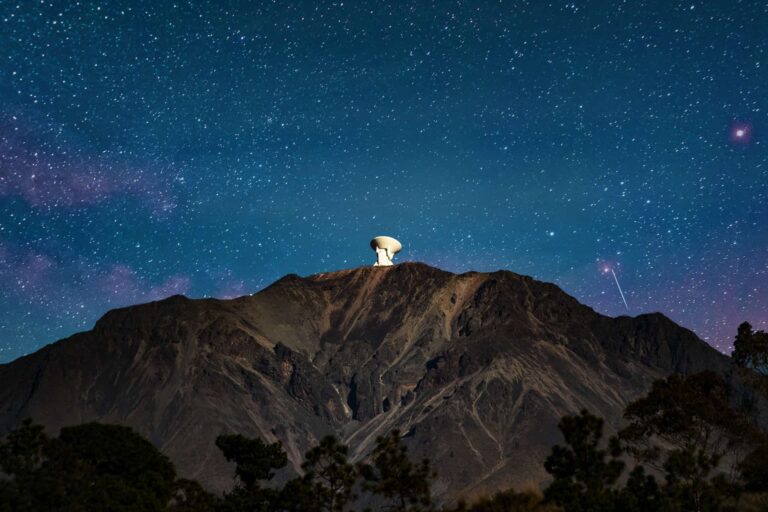China is pressing the accelerator on autarky applied, this time, to satellites and aims to launch nearly 13,000 of them to “suppress” Elon Musk’s Starlink.
It happens just as Elon Musk himself is trying hard to re-establish dialogue with the Chinese authorities, including asking for a meeting with the new Premier Li Qiang, a former party chief in Shanghai, the municipality in which Tesla’s Chinese venture developed.
The satellite constellation is likely to be launched quickly to prevent SpaceX from monopolizing “low-orbit resources,” according to space scientists from the Beijing Armed Forces.
Table of Contents
What is the Chinese space project “GW”
The project, codenamed “GW,” would provide Internet services and could be used to spy on rival networks and carry out anti-Starlink missions. Which scientists add aims to put 40,000 satellites into orbit, too many for China’s surveillance and defense capability.
Beijing is working to build a huge near-Earth orbiting satellite network to provide Internet services to users around the world. And to mute Starlink itself. “GW” would be led by a team from China’s State University of Space Engineering.
The GW constellation will include 12,992 satellites owned by China Satellite Network Group Co.
Read also: The main space missions currently on schedule in 2023
What is Elon Musk’s Starlink
Starlink operates relatively small and inexpensive satellites, launched by SpaceX’s Falcon 9 launch vehicle, also owned by Musk, by the dozens at a time.
Nominally, they enable fast Internet access anywhere on the globe, including the Ocean. But that’s only when the constellation is complete. At present, more than 4,000 satellites in orbit, however, cover various points on the globe.
Primogeniture in Internet distribution from space is the preserve, however, of Elon Musk through Starlink. But once the ice was broken, other operators, including institutional ones, also sensed the deal.
These include Oneweb. This is a company based in London and manufacturing in Florida in joint venture the Defense and Space division of Airbus. Which is building some 580 satellites, a number approaching the size of the constellation.
And also the Kuiper project launched by Jeff Bezos for a constellation of satellites that can provide high-speed Internet in all parts of the world to Amazon’s customers. Which involves the deployment of a network of 3,236 satellites in low Earth orbit. For which the company has planned investments of more than $10 billion.
Read also: From spaceships to habitation: NASA’s groundbreaking technologies for sending people to Mars












